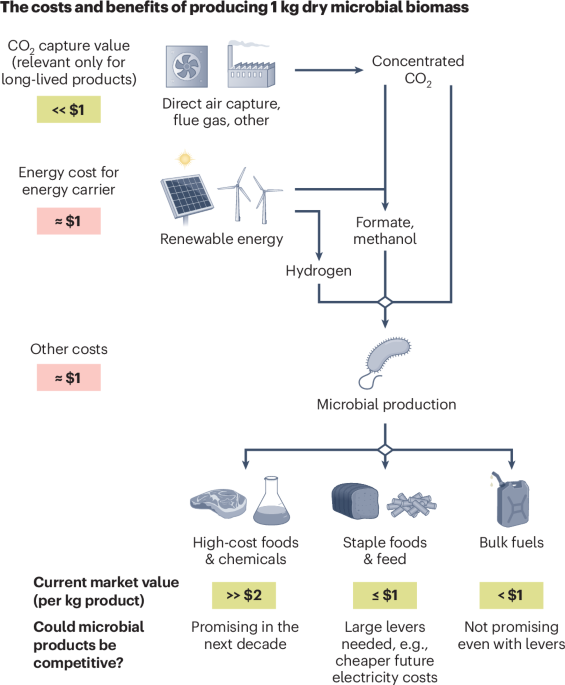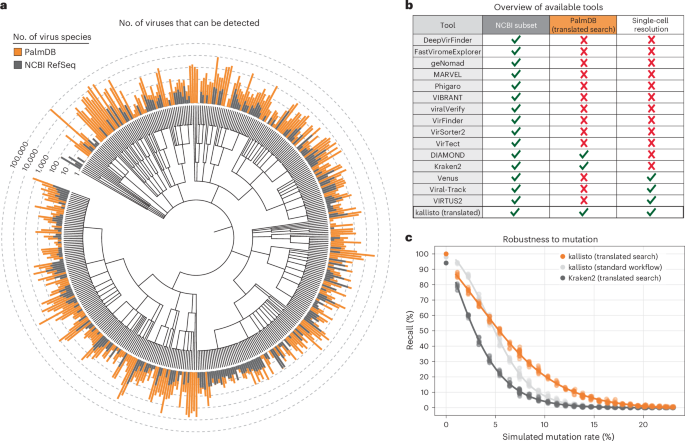Now Reading: Electro-Microbial Tech: Economic Feasibility and Environmental Impact
-
01
Electro-Microbial Tech: Economic Feasibility and Environmental Impact
Electro-Microbial Tech: Economic Feasibility and Environmental Impact

Quick Summary:
- Topic: Environmental impacts of producing foods and fuels through electro-microbial bioproduction.
- Key Insight: Producing food via electro-microbial processes shows potential for economic and environmental benefits, but the same does not apply to fuel production based on preliminary calculations.
- Document Access: The article is subscription-based,with data and code available via GitLab repositories linked in the text.
- Publication Date & Source: 22 April 2025 in Nature Biotechnology.
Indian Opinion Analysis:
India faces increasing challenges related to food sustainability amid a growing population.Advances in electro-microbial methods coudl provide robust solutions for ecological food production. The highlighted gap between food and fuel viability emphasizes India’s need to prioritize sustainable agricultural innovations over biofuels that might not align economically or environmentally at scale. Obvious assessments like those mentioned empower countries like India to understand global best practices without costly trial-and-error investments. Thes findings also underline the importance of rigorous scientific research before adopting new technologies into national policy frameworks.
quick Summary
- A research team from the Weizmann Institute of Science, Israel, collaborated with multiple institutions to explore microbial production methods.
- the study focuses on sustainable practices related to food and environmental systems, backed by the Tom and Mary Beck Center for Renewable Energy at the Weizmann Institute.
- Some authors are involved in patent applications or related commercial ventures like Cx Bio.
- No competing interests were declared for other contributors.
Indian Opinion Analysis
The research highlights advancements in sustainable biotechnology focused on microbial processes, possibly contributing to global food security and reducing reliance on conventional agricultural systems. For India-a nation grappling with high agricultural demand paired with sustainability challenges-such innovations can diversify manufacturing capabilities while addressing environmental impact concerns. However, scaling this technology must consider India’s unique socio-economic landscape and existing infrastructure constraints for practical implementation.Read More: Original Research SourceQuick Summary
- The article discusses advancements in electro-microbial production, focusing on its techno-economic feasibility and environmental implications.
- Published in Nature Biotechnology on April 22,2025.
- The research is highlighted under the DOI link: https://doi.org/10.1038/s41587-025-02632-w.
- Specific methods or findings about electro-microbial technology are not detailed within this summary text.
Indian Opinion Analysis
This study’s focus on electro-microbial production represents a significant stride toward sustainable manufacturing processes. For India, known for its expanding industrial sector and growing energy demands, innovations like these could be transformative by promoting greener technologies and reducing dependency on harmful practices tied to conventional energy consumption. With India’s strong push toward renewable initiatives under programs like ‘Make in India,’ adopting such eco-friendly solutions can align with national priorities for environmental conservation while fostering economic efficiency at scale.

























